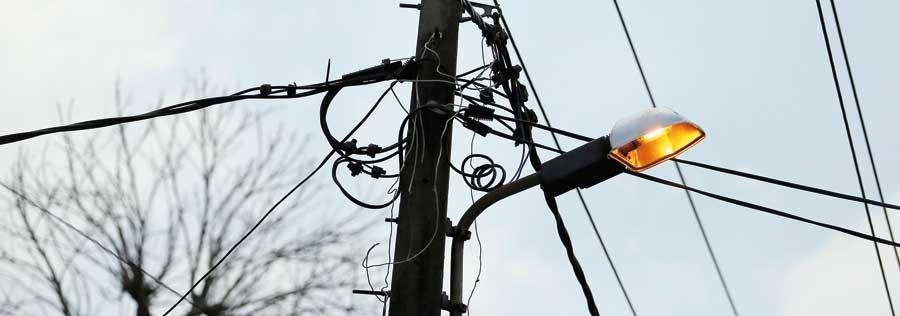Why does CEB shun renewable energy projects?

Certain acts of disruption by the Engineers Union of the Ceylon Electricity Board (EUCEB) had given rise to grave concern as the country is forced to plunge in power cuts. eylon Electricity Board’s (CEB) deliberate failure to implement the orders given by the former Secretary Ministry of Power and Renewable Energy Dr. B.M.S. Batagoda way back in 2017, has led to a ‘man made’ energy crisis in the country.
By letter dated June 15, 2017, Batagoda (Ref: PE/PL/32/2015) has directed Ceylon Electricity Board (CEB) Chairman to implement 13 power plants scheduled in the Long Term Generation Expansion (LTGE) 2015-2034 urgently. But it is learnt that other than two power plants the CEB has not taken any interest in implementing rest of the projects.
CEB is accused of not heeding these instructions and blocking the implementing of the LTGE plan.
Batagoda’s letter further states, “The Public Utilities Commission of Sri Lanka (PUCSL) has reported to the Cabinet Sub-Committee on Economic Management (CCEM) that the progress of implementation of power plants scheduled in the LTGEP is very slow; which can lead to serious power crisis in the near future. At the progress meeting held on June 6, 2017, at the Ministry, chaired by the Minister with senior officials of the Ministry and CEB, this matter was discussed. At this meeting it was firmly decided that within the next two months action should be taken to tender all the power plants in the LTGEP scheduled to be completed before 2020.
“Since there is much criticism that we are not able to implement the LTGEP which leads to power crisis in the country, we must give our personal attention to implement the power plants in the LTGEP.
“I suggest that you must brief this situation to the Board of Directors of CEB and the senior members of CEB particularly on the importance of working together to achieve the power plant implementation target set in the 2015-2034 LTGEP as a matter of priority. I also suggest that you must set up a Project Management Unit (PUM) for each project and appoint Project Managers and Technical Evaluation Committees (TEC) for each project and also develop a special monitoring mechanism to implement the above power plants as per the LTGEP”.
Subsequent to this letter the CEB has approved these projects as per the Board Minutes and has issued instruction to the GM for further action.
The 13 power plants that were to be implemented under this plan, consisted of five solar power plants, five wind power plants, LNG plant in Kerawalapitiya, Heavy Fuel Oil Barge in Galle and Barge/ land in Trincomalee/Puttalam.
“These 13 power plants were to add 995MW to the national grid and the proposed commissioning year was 2020. Had the CEB able to implement these projects, the country wouldn’t have face the present severe power crisis,” a high ranking CEB official said.
